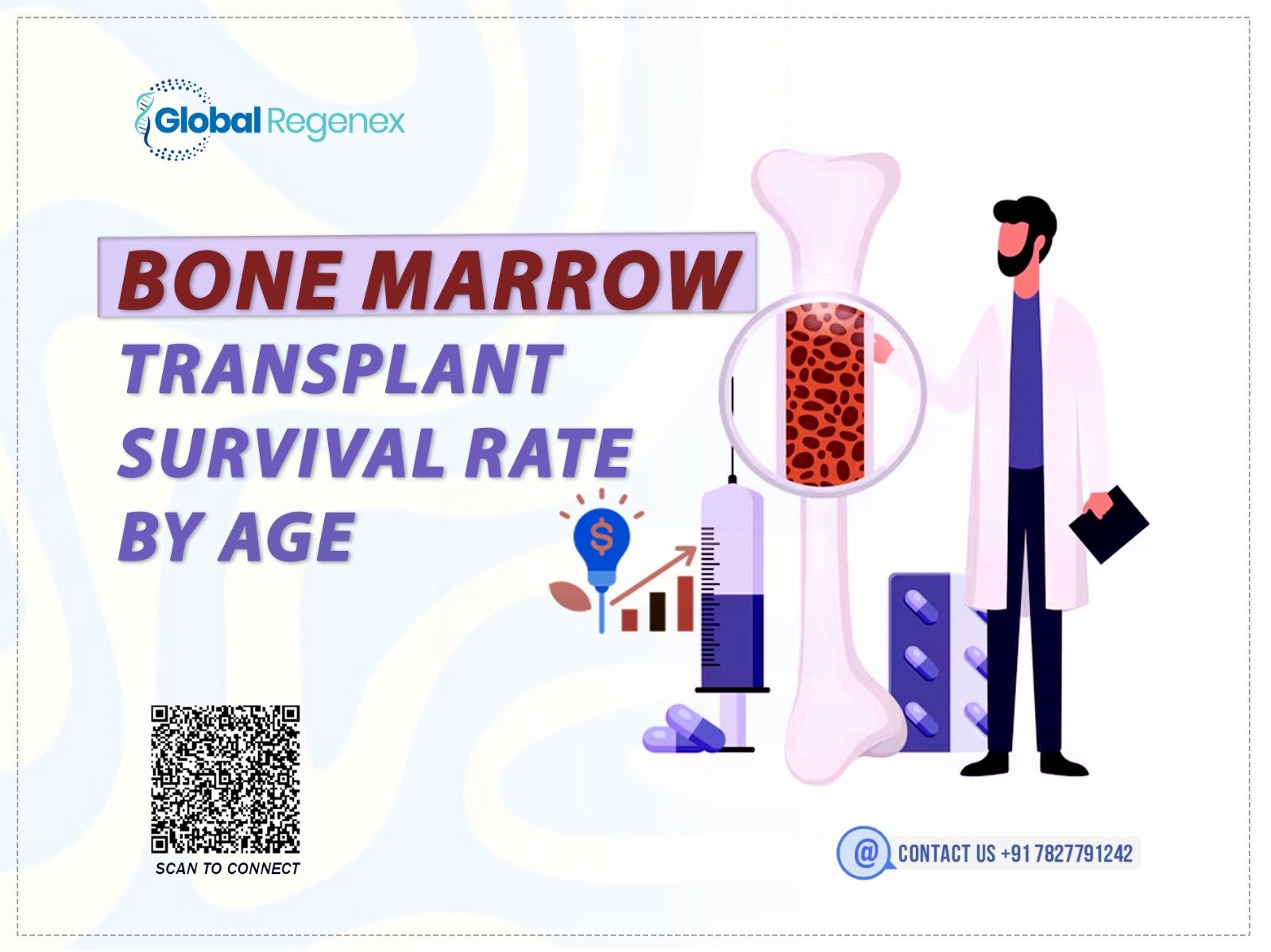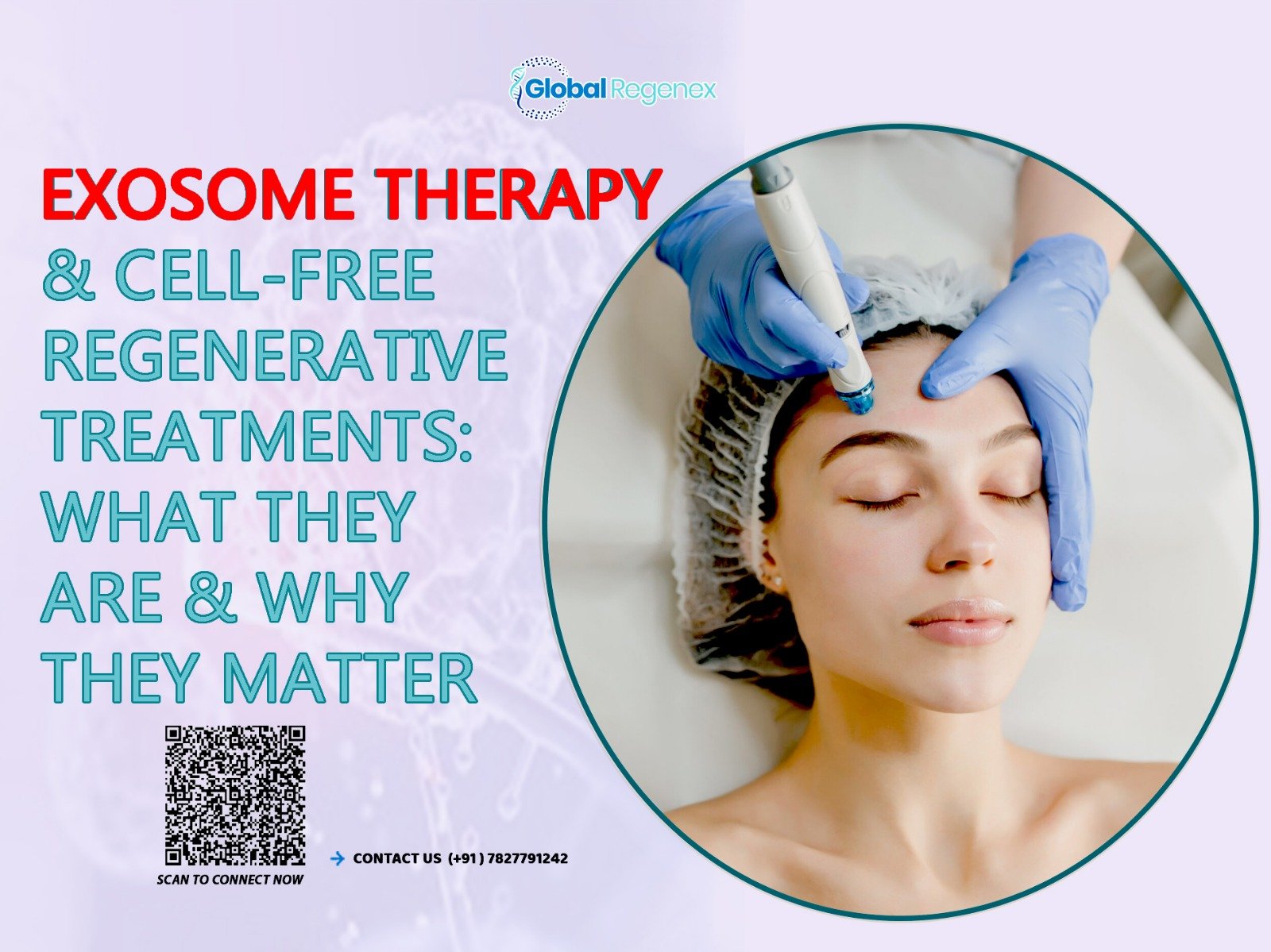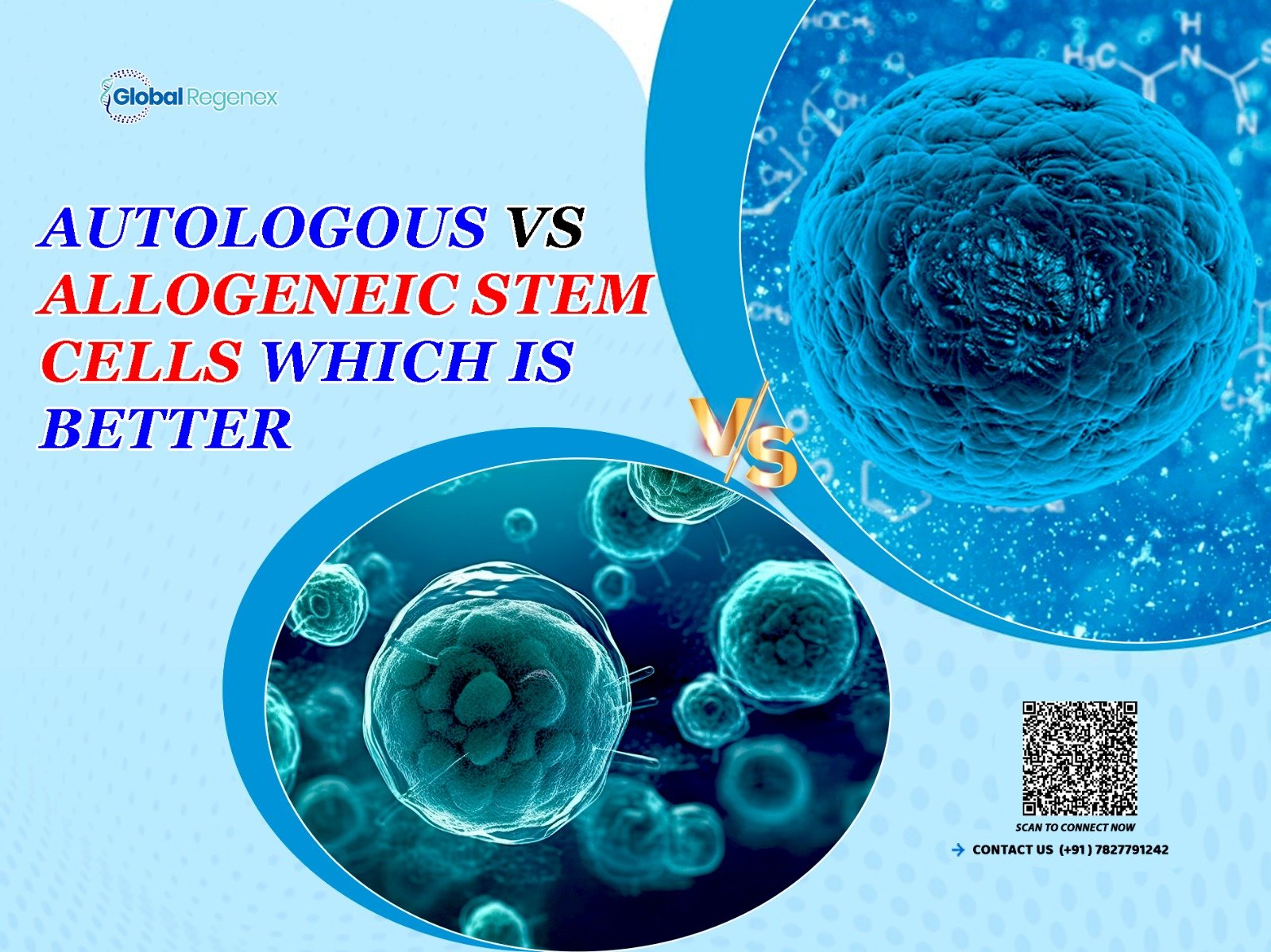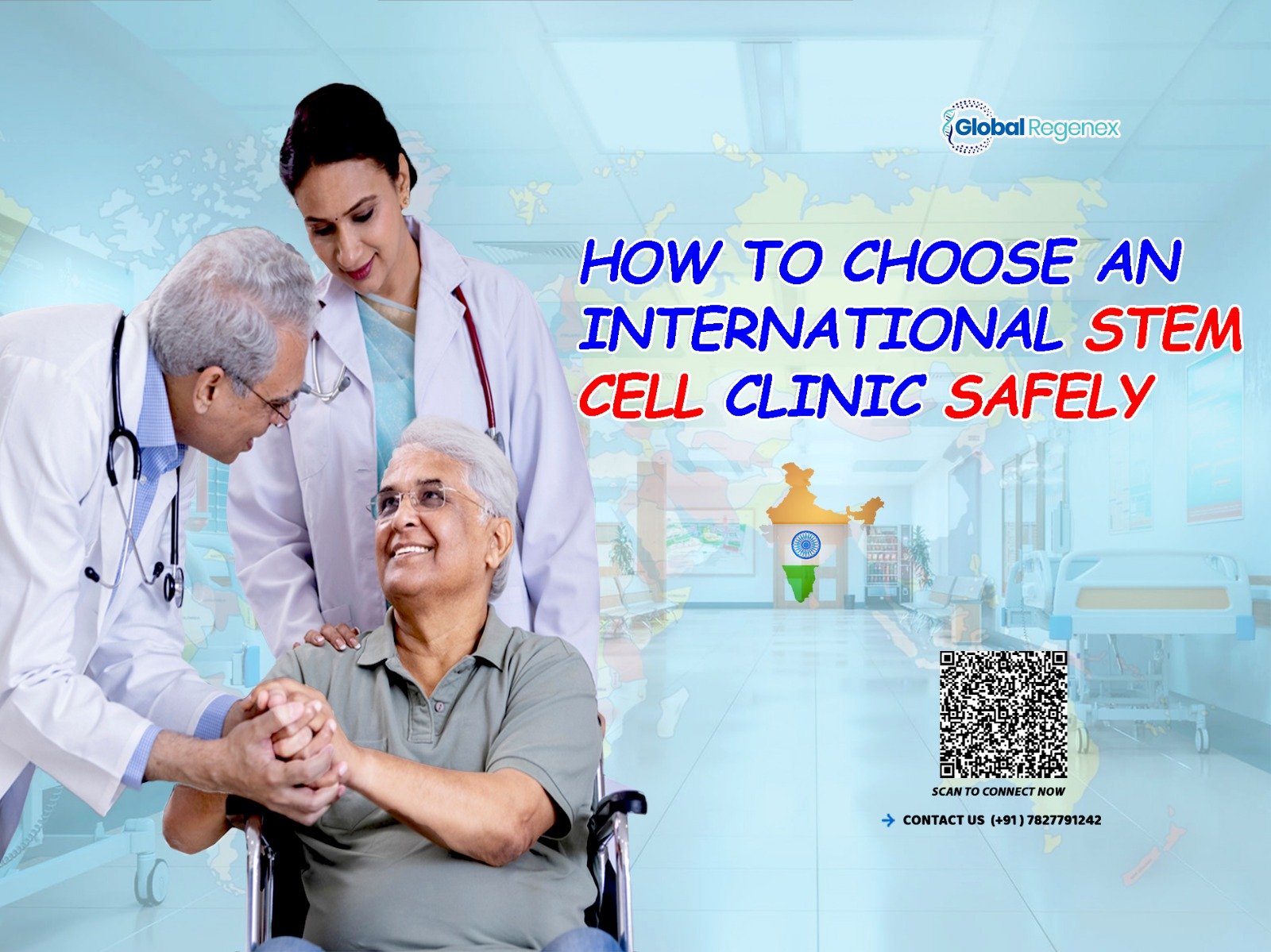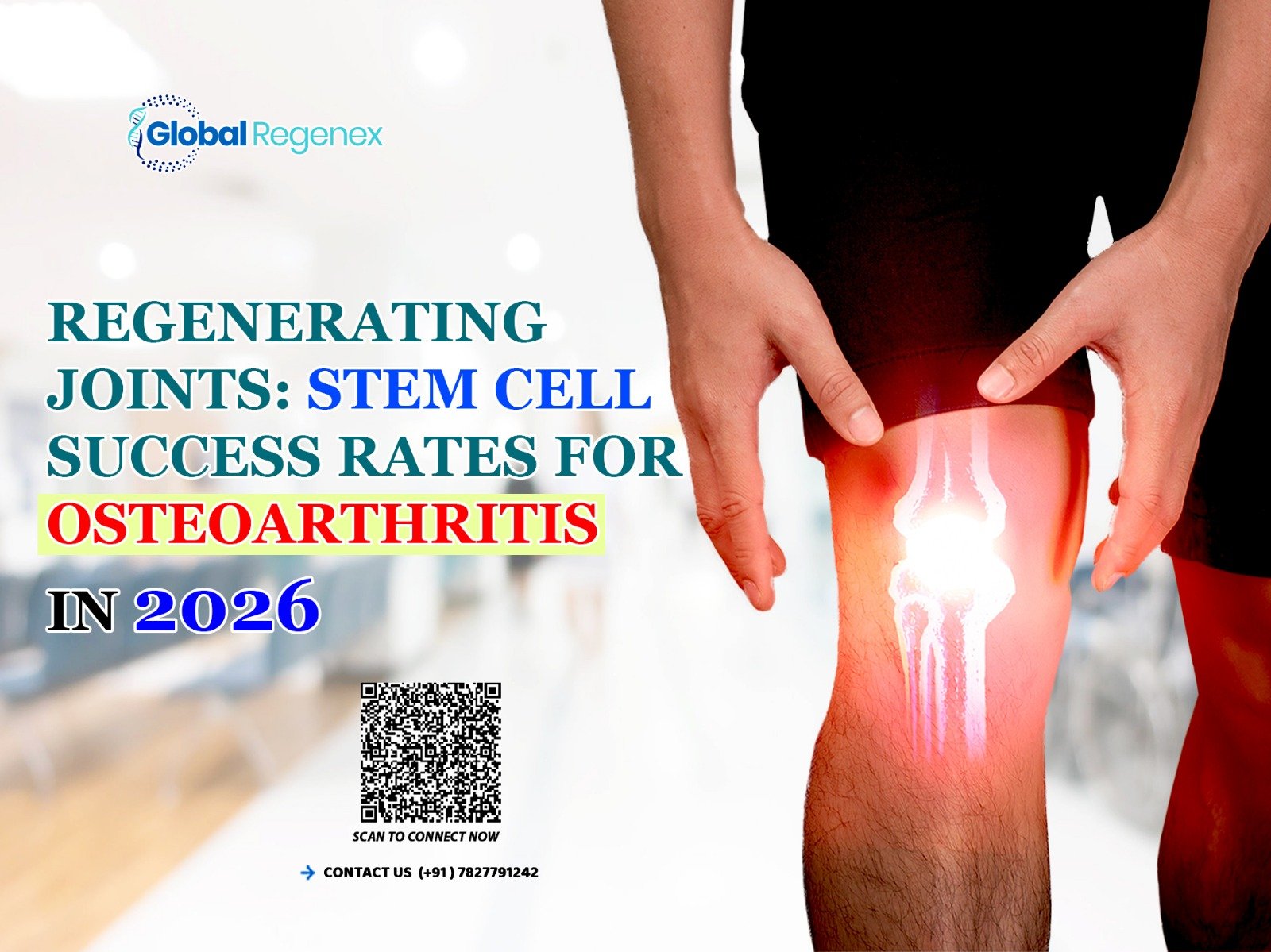Seeking answers about bone marrow transplant, and what is its survival rate for different ages? Let’s be honest, just by hearing about bone marrow transplant, some might feel intimidated, even when you are attempting to understand the survival rates and results. If you or your closest ones are on this treatment journey, then it is important to know how age affects recovery and long-term success. Whether you are a worried patient, an adult patient, or a caregiver for an elderly person, being informed can make the process seem a little more manageable.
In this blog, you will find out how age influences bone marrow transplant success for patients of different ages and why stem cell therapy is a revolution in bone marrow transplant.
What Is a Bone Marrow Transplant?
When you think of a transplant, you might think it’s a surgical process, but not necessarily. Bone marrow transplant is actually a medical process that replaces cancerous or destroyed bone marrow with normal stem cells. These stem cells can be sourced from the patient’s own body (autologous transplant) or a donor (allogeneic transplant).
The main aim is to restore the body with healthy blood cells, to treat conditions like leukemia and severe aplastic anemia.
How Age Influences Bone Marrow Transplant Survival Rates?
When undergoing a bone marrow transplant, age is an important factor in whether or not your bone marrow transplant will be successful. It’s not only one, but it’s a larger one that physicians take into careful consideration when determining treatment.
Infants & Children
- Young patients often have the best survival rates, usually over 85%, depending on the disease and type of transplant they are undergoing.
- Younger patients’ immune systems are more adaptable to stem cell transplant, minimizing complications.
Adults (18-50 Years)
- Patients in this category have relatively high success rates, which are typically up to typically 60 to 80%.
- Bone marrow transplant results are affected by factors like overall health, how well the patient responds to chemotherapy, and the nature of the bone marrow disease.
Older Adults (50+ Years)
- Patients older than 50 years have success rates that decrease with age, frequently to 40 to 60%, although varying.
- Older patients can experience more complications, which might be infections and longer recovery times, due to compromised immune systems and underlying medical conditions.
Why Stem Cell Advancement Matters?
Just by discovering the potential of stem cells has now promisingly changed the way, usually diseases were treated before. Stem cell use has also transformed the bone marrow transplant procedure. Here how:
Improved Matches: The number of donor lists has grown so much, improving compatibility for all ages.
Lower Risks: The advancement in stem cell therapy minimizes the risk of rejection and improves recovery, even among older patients.
Focused Therapies: New conditioning regimens and post-transplant care protocols allow more patients, especially older adults, to become transplant candidates safely.
Personalized Approaches Based on Age
- Physicians now treat patients in a personalized way, considering factors beyond chronological age.
- Patient’s biological age, general health, genetics, and stage of disease all figure into the best transplant strategy.
- This is the result of recognizing that even older patients, who would have previously been considered non-treatable, are now being treated with bone marrow transplant and achieving success with greater frequency.
For Consultation
If you are unsure about the process, potential benefits, and other facts, or are seeking professional advice to help guide you in making a decision to either have or not have a bone marrow transplant.
Global Regenex has professionals who can respond to any queries you may have about stem cell treatment or bone marrow transplant, helping you at every step of your healthcare journey.
To Bring It All Together
Knowledge of the connection between age and bone marrow transplant survival rates can calm fears and empower informed choices. Due to breakthroughs in stem cells and stem cell therapy, more individuals, of any age, are having favorable results. If you or someone you know is contemplating this treatment, consult with an expert about your possibilities and the most recent breakthroughs that can make all the difference.

